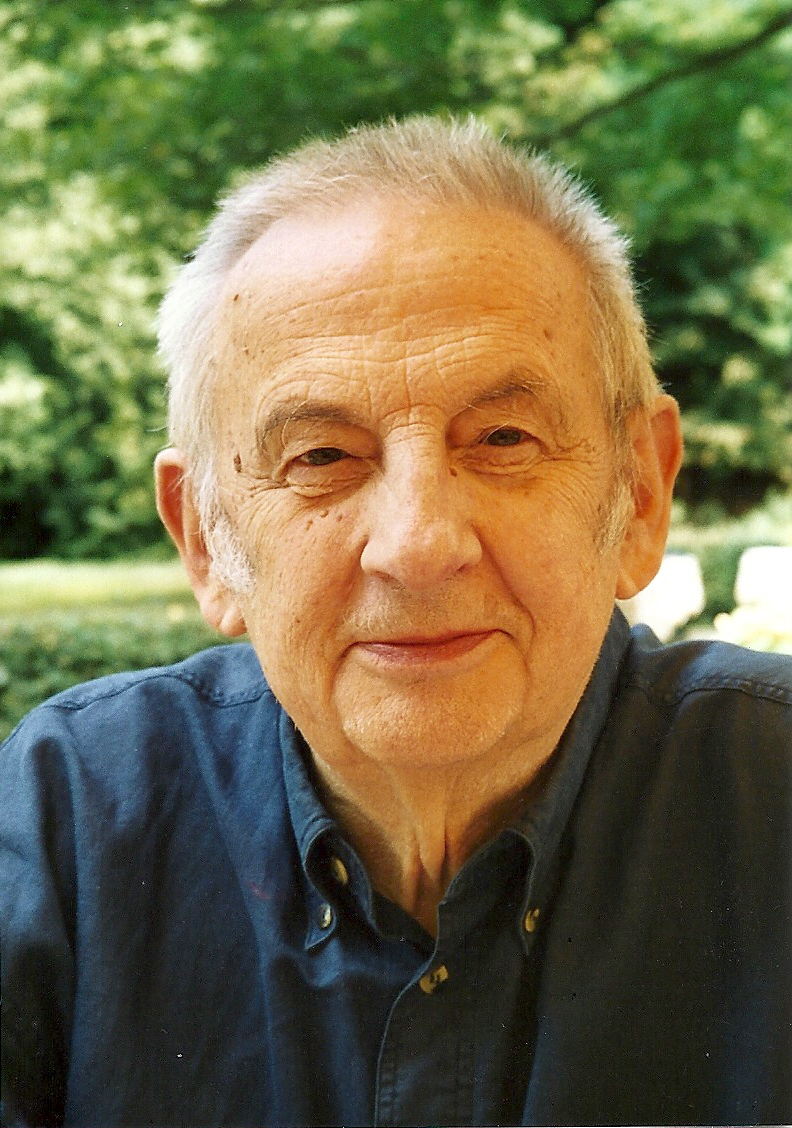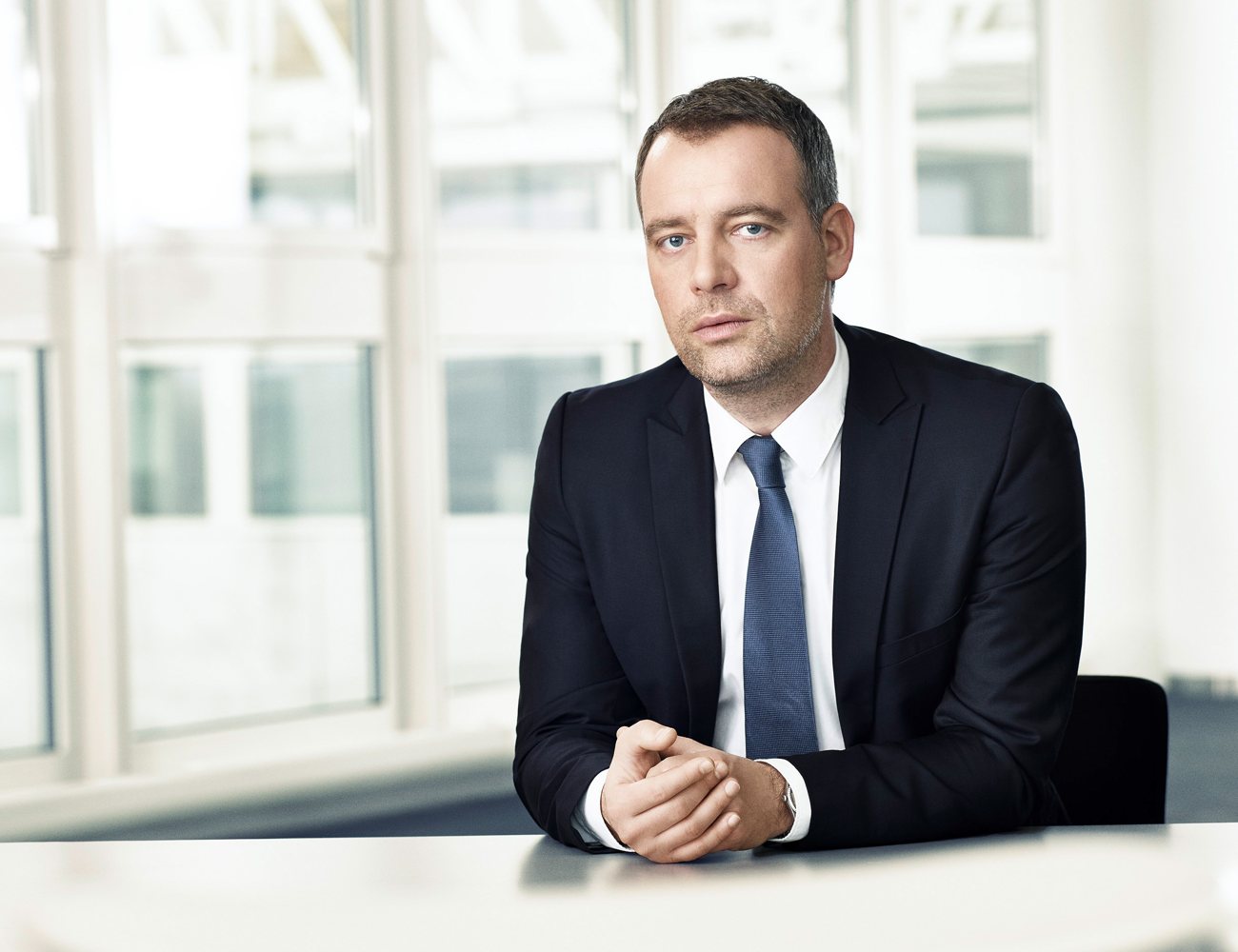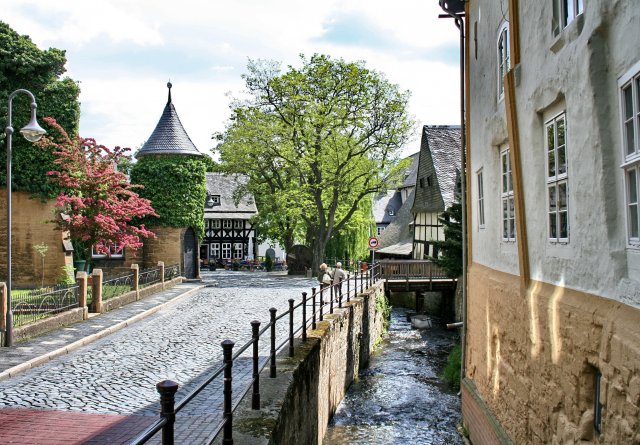|
Dieter Zechlin
Dieter Zechlin (30 October 1926 – 16 March 2012) was a German pianist. He was one of East Germany's most prominent pianists throughout the 1950-80s. In 1959 he received the Art Prize of the GDR and in 1961 the National Prize of the GDR. Zechlin was born in Goslar. He was married to the composer Ruth Zechlin, and was later married to the pianist, Susanne Grützmann. He died, aged 85, in Potsdam Potsdam () is the capital and, with around 183,000 inhabitants, largest city of the German state of Brandenburg. It is part of the Berlin/Brandenburg Metropolitan Region. Potsdam sits on the River Havel, a tributary of the Elbe, downstream of B .... References 1926 births 2012 deaths German classical pianists Male classical pianists People from Goslar 20th-century classical pianists 20th-century German musicians 20th-century German male musicians {{classical-pianist-stub ... [...More Info...] [...Related Items...] OR: [Wikipedia] [Google] [Baidu] |
Dieter Zechlin
Dieter Zechlin (30 October 1926 – 16 March 2012) was a German pianist. He was one of East Germany's most prominent pianists throughout the 1950-80s. In 1959 he received the Art Prize of the GDR and in 1961 the National Prize of the GDR. Zechlin was born in Goslar. He was married to the composer Ruth Zechlin, and was later married to the pianist, Susanne Grützmann. He died, aged 85, in Potsdam Potsdam () is the capital and, with around 183,000 inhabitants, largest city of the German state of Brandenburg. It is part of the Berlin/Brandenburg Metropolitan Region. Potsdam sits on the River Havel, a tributary of the Elbe, downstream of B .... References 1926 births 2012 deaths German classical pianists Male classical pianists People from Goslar 20th-century classical pianists 20th-century German musicians 20th-century German male musicians {{classical-pianist-stub ... [...More Info...] [...Related Items...] OR: [Wikipedia] [Google] [Baidu] |
Focus (German Magazine)
''Focus'' (styled as ''FOCUS'') is a German-language news magazine published by Hubert Burda Media. Established in 1993 as an alternative to the '' Der Spiegel'' weekly news magazine, since 2015 the editorial staff has been headquartered in Germany's capital of Berlin. Alongside Spiegel and Stern, Focus is one of the three most widely circulated German weeklies. The concept originated from Hubert Burda and Helmut Markwort, who went from being Editor-in-chief to become publisher in 2009 and since 2017 has been listed in the publication's masthead as founding editor-in-chief. As of March 2016 the editor-in-chief of ''Focus'' was Robert Schneider. History Under the code name "Zugmieze", work commenced on Focus in the summer of 1991. In October 1992, Hubert Burda Media announced plans for a new weekly news magazine. Observers initially gave the project only little chance for success. Several attempts of other publishers to establish a competitor to Spiegel and Stern magazines had ... [...More Info...] [...Related Items...] OR: [Wikipedia] [Google] [Baidu] |
East Germany
East Germany, officially the German Democratic Republic (GDR; german: Deutsche Demokratische Republik, , DDR, ), was a country that existed from its creation on 7 October 1949 until its dissolution on 3 October 1990. In these years the state was a part of the Eastern Bloc in the Cold War. Commonly described as a communist state, it described itself as a socialist "workers' and peasants' state".Patrick Major, Jonathan Osmond, ''The Workers' and Peasants' State: Communism and Society in East Germany Under Ulbricht 1945–71'', Manchester University Press, 2002, Its territory was administered and occupied by Soviet forces following the end of World War II—the Soviet occupation zone of the Potsdam Agreement, bounded on the east by the Oder–Neisse line. The Soviet zone surrounded West Berlin but did not include it and West Berlin remained outside the jurisdiction of the GDR. Most scholars and academics describe the GDR as a totalitarian dictatorship. The GDR was establish ... [...More Info...] [...Related Items...] OR: [Wikipedia] [Google] [Baidu] |
Goslar
Goslar (; Eastphalian: ''Goslär'') is a historic town in Lower Saxony, Germany. It is the administrative centre of the district of Goslar and located on the northwestern slopes of the Harz mountain range. The Old Town of Goslar and the Mines of Rammelsberg are UNESCO World Heritage Sites for their millenium-long testimony to the history of ore mining and their political importance for the Holy Roman Empire and Hanseatic League. Each year Goslar awards the Kaiserring to an international artist, called the "Nobel Prize" of the art world. Geography Goslar is situated in the middle of the upper half of Germany, about south of Brunswick and about southeast of the state capital, Hanover. The Schalke mountain is the highest elevation within the municipal boundaries at . The lowest point of is near the Oker river. Geographically, Goslar forms the boundary between the Hildesheim Börde which is part of the Northern German Plain, and the Harz range, which is the highest, norther ... [...More Info...] [...Related Items...] OR: [Wikipedia] [Google] [Baidu] |
Ruth Zechlin
Ruth Zechlin (22 June 1926 – 4 August 2007) was a German composer. Life Ruth Oschatz was born in Grosshartmannsdorf, where she began piano lessons at the age of five years, and wrote her first composition at the age of seven. From 1943 to 1949 she studied music theory with Johann Nepomuk David and Wilhelm Weismann, church music and organ with Karl Straube and Günther Ramin and piano with Rudolf Fischer and Anton Rohden at the Music Academy in Leipzig. After she completed the state exam, she worked at the academy for a year as a lecturer and also worked as a deputy organist at the Nikolai Church in Leipzig. In 1951 she married pianist Dieter Zechlin, and the marriage lasted until 1972 when the couple divorced. Zechlin gained lectureship in music theory at the German College of Music in Berlin in 1969, where she taught harpsichord and studied harmony, counterpoint, form, orchestration and composition. After 1970 she was professor of composition at the Academy of Arts and ... [...More Info...] [...Related Items...] OR: [Wikipedia] [Google] [Baidu] |
Potsdam
Potsdam () is the capital and, with around 183,000 inhabitants, largest city of the German state of Brandenburg. It is part of the Berlin/Brandenburg Metropolitan Region. Potsdam sits on the River Havel, a tributary of the Elbe, downstream of Berlin, and lies embedded in a hilly morainic landscape dotted with many lakes, around 20 of which are located within Potsdam's city limits. It lies some southwest of Berlin's city centre. The name of the city and of many of its boroughs are of Slavic origin. Potsdam was a residence of the Prussian kings and the German Kaiser until 1918. Its planning embodied ideas of the Age of Enlightenment: through a careful balance of architecture and landscape, Potsdam was intended as "a picturesque, pastoral dream" which would remind its residents of their relationship with nature and reason. The city, which is over 1000 years old, is widely known for its palaces, its lakes, and its overall historical and cultural significance. Landmarks include ... [...More Info...] [...Related Items...] OR: [Wikipedia] [Google] [Baidu] |
1926 Births
Events January * January 3 – Theodoros Pangalos (general), Theodoros Pangalos declares himself dictator in Greece. * January 8 **Abdul-Aziz ibn Saud is crowned King of Kingdom of Hejaz, Hejaz. ** Bảo Đại, Crown Prince Nguyễn Phúc Vĩnh Thuy ascends the throne, the last monarch of Vietnam. * January 12 – Freeman Gosden and Charles Correll premiere their radio program ''Sam 'n' Henry'', in which the two white performers portray two black characters from Harlem looking to strike it rich in the big city (it is a precursor to Gosden and Correll's more popular later program, ''Amos 'n' Andy''). * January 16 – A BBC comic radio play broadcast by Ronald Knox, about a workers' revolution, causes a panic in London. * January 21 – The Belgian Parliament accepts the Locarno Treaties. * January 26 – Scottish inventor John Logie Baird demonstrates a mechanical television system at his London laboratory for members of the Royal Institution and a report ... [...More Info...] [...Related Items...] OR: [Wikipedia] [Google] [Baidu] |
2012 Deaths
This is a list of deaths of notable people, organised by year. New deaths articles are added to their respective month (e.g., Deaths in ) and then linked here. 2022 2021 2020 2019 2018 2017 2016 2015 2014 2013 2012 2011 2010 2009 2008 2007 2006 2005 2004 2003 2002 2001 2000 1999 1998 1997 1996 1995 1994 1993 1992 1991 1990 1989 1988 1987 See also * Lists of deaths by day The following pages, corresponding to the Gregorian calendar, list the historical events, births, deaths, and holidays and observances of the specified day of the year: Footnotes See also * Leap year * List of calendars * List of non-standard ... * Deaths by year {{DEFAULTSORT:deaths by year ... [...More Info...] [...Related Items...] OR: [Wikipedia] [Google] [Baidu] |
German Classical Pianists
German(s) may refer to: * Germany (of or related to) **Germania (historical use) * Germans, citizens of Germany, people of German ancestry, or native speakers of the German language ** For citizens of Germany, see also German nationality law **Germanic peoples (Roman times) * German language **any of the Germanic languages * German cuisine, traditional foods of Germany People * German (given name) * German (surname) * Germán, a Spanish name Places * German (parish), Isle of Man * German, Albania, or Gërmej * German, Bulgaria * German, Iran * German, North Macedonia * German, New York, U.S. * Agios Germanos, Greece Other uses * German (mythology), a South Slavic mythological being * Germans (band), a Canadian rock band * "German" (song), a 2019 song by No Money Enterprise * ''The German'', a 2008 short film * "The Germans", an episode of ''Fawlty Towers'' * ''The German'', a nickname for Congolese rebel André Kisase Ngandu See also * Germanic (other) * Germa ... [...More Info...] [...Related Items...] OR: [Wikipedia] [Google] [Baidu] |
Male Classical Pianists
Male ( symbol: ♂) is the sex of an organism that produces the gamete (sex cell) known as sperm, which fuses with the larger female gamete, or ovum, in the process of fertilization. A male organism cannot reproduce sexually without access to at least one ovum from a female, but some organisms can reproduce both sexually and asexually. Most male mammals, including male humans, have a Y chromosome, which codes for the production of larger amounts of testosterone to develop male reproductive organs. Not all species share a common sex-determination system. In most animals, including humans, sex is determined genetically; however, species such as '' Cymothoa exigua'' change sex depending on the number of females present in the vicinity. In humans, the word ''male'' can also be used to refer to gender in the social sense of gender role or gender identity. Overview The existence of separate sexes has evolved independently at different times and in different lineages, an exa ... [...More Info...] [...Related Items...] OR: [Wikipedia] [Google] [Baidu] |
People From Goslar
A person ( : people) is a being that has certain capacities or attributes such as reason, morality, consciousness or self-consciousness, and being a part of a culturally established form of social relations such as kinship, ownership of property, or legal responsibility. The defining features of personhood and, consequently, what makes a person count as a person, differ widely among cultures and contexts. In addition to the question of personhood, of what makes a being count as a person to begin with, there are further questions about personal identity and self: both about what makes any particular person that particular person instead of another, and about what makes a person at one time the same person as they were or will be at another time despite any intervening changes. The plural form "people" is often used to refer to an entire nation or ethnic group (as in "a people"), and this was the original meaning of the word; it subsequently acquired its use as a plural form of per ... [...More Info...] [...Related Items...] OR: [Wikipedia] [Google] [Baidu] |






_1938.jpg)